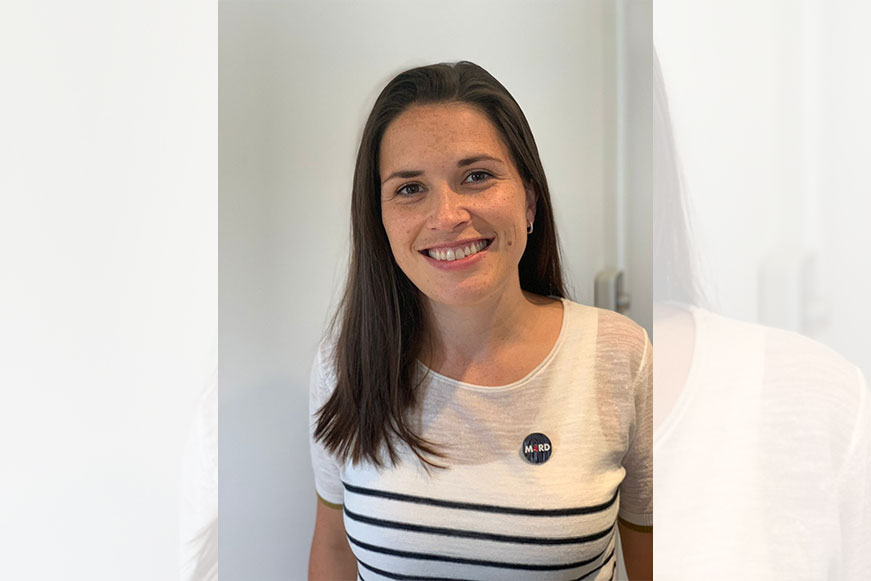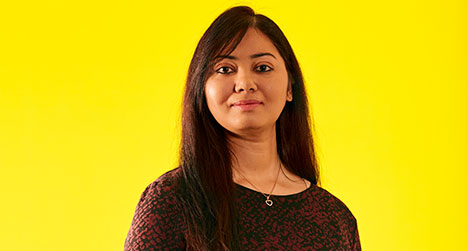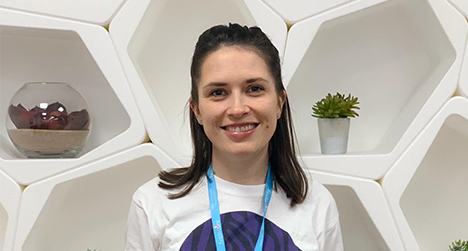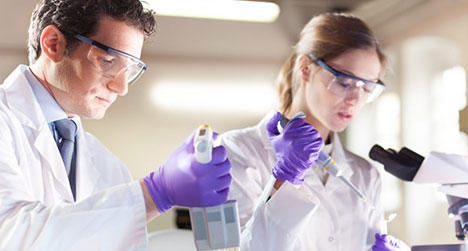The diagnosis challenge
In the UK, 1 in 17 people will be affected by a rare condition during their lifetime.
More than a third of people with a rare condition have to wait more than five years between first experiencing symptoms and receiving a final diagnosis.
This delay can have a significant impact on a person’s quality of life and wellbeing. The sooner someone can get a diagnosis, the faster they can access care and support for their condition.
The solution
We want to see more support for healthcare professionals to consider the possibility of rare disease in patients, so patients are referred for genetic testing.
We also want to see more support in place for patients after diagnosis.
Patients and clinicians must be involved in a debate on how to evolve services and support diagnosis for rare diseases.
This must be a focus as we collectively develop the successor to the current UK Rare Diseases Action Plan.
Case studies
Medics 4 Rare Diseases: We need services to diagnose people earlier so they can have access to treatments
Dr Lucy McKay is the Chief Executive of Medics 4 Rare Diseases. She explains how training for healthcare professionals can help to unlock the potential of the Rare Disease Framework, while also stressing the importance of screening and access to treatments.

05 Medscape from ITN Business on Vimeo.

Expert opinion: Early diagnosis is key to improve outcomes for patients
Professor Derralynn Hughes is Professor of experimental haematology based at the Royal Free London NHS Foundation Trust and University College London, and an expert on a group of rare diseases called lysosomal disorders.
One thing I have learned while living with a rare disease is to never give up
Prabhjot is a is a university lecturer in living in London. She describes her experience of living with polymyositis for Rare Disease Day.


Rare Disease 101 - the first cross-rare disease course for healthcare professionals
Dr Lucy McKay, CEO of the charity Medics4Rare Diseases tells us why their new educational module – Rare Disease 101 - should be essential for all healthcare professionals.
Rare disease diagnosis is improving fast – but we need to support front line services
Not long ago, it was typical for a patient with a rare disease to find themselves bounced between clinical pillars and posts for many years before they received a diagnosis – if they ever did.

Last modified: 5 November 2022
Last reviewed: 1 August 2022
Last modified: 21 February 2025
Last reviewed: 21 February 2025
